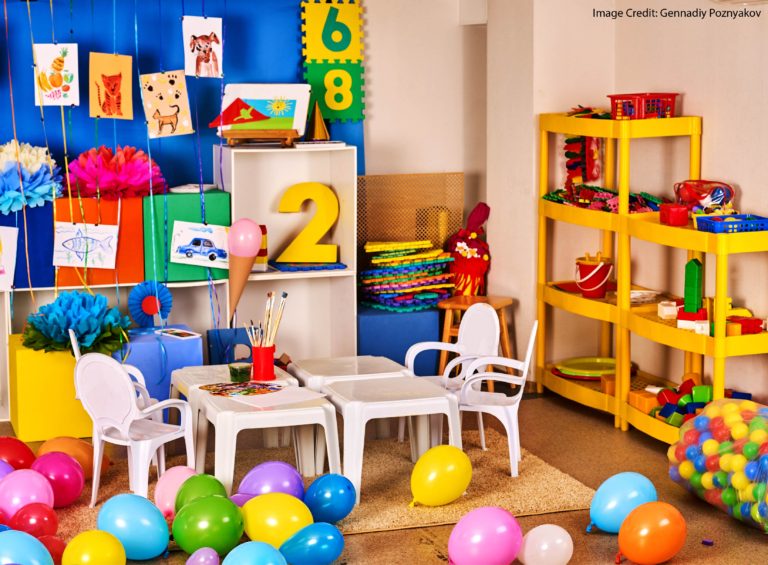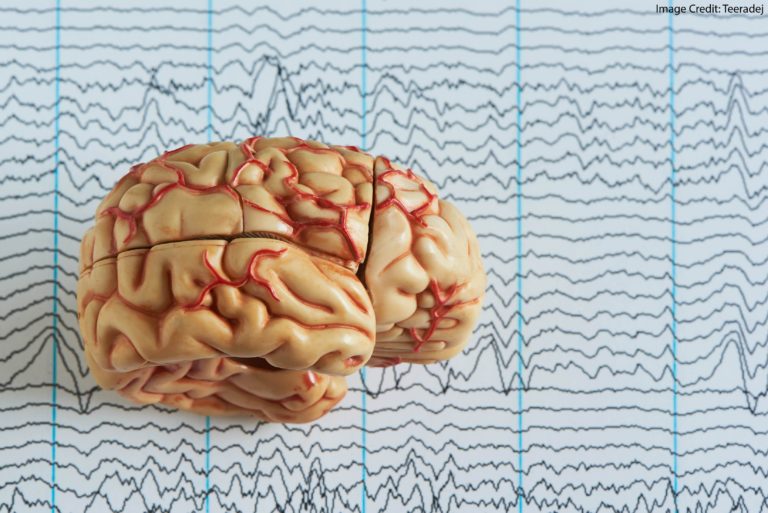Tags
ADHD adolescence attention autism book review boundary conditions classroom advice conference speakers constructivism/direct instruction creativity desirable difficulty development dual coding elementary school embodied cognition emotion evolution exercise experts and novices gender high school homework intelligence long-term memory math methodology middle school mind-wandering mindfulness Mindset motivation neuromyths neuroscience online learning parents psychology reading retrieval practice self-control skepticism sleep STEM stress technology working memoryRecent Comments
- Revisiting the "Handwriting vs. Laptops" Debate: More Moving Goalposts |Education & Teacher Conferences on Handwritten Notes or Laptop Notes: A Skeptic Converted?
- The Power Of A Growth Mindset: How Students Can Overcome Challenges - Sunshine Blessings on The Rise and Fall and Rise of Growth Mindset
- Goals, Failure, and Emotions: a Conceptual Framework |Education & Teacher Conferences on “Learning from Mistakes” vs. “Learning from Explanations”
- From Destruction to Rebuilding: Hope in Science’s Down Cycle on When Analogies Go Wrong: The Benefits of Stress?
- Dual Coding: Boosting Learning Through Words and Images – White Dragon of East County on Visual & Verbal: Welcome to “Dual Coding”
ABOUT THE BLOG
Tag Archives: working memory

Obsessed with Working Memory: Anticipating Overload
Once we can define working memory and understand its importance, teachers help students learn by ANTICIPATING working memory overload. Here’s how we do that. Continue reading

Obsessed with Working Memory, Part II
Working memory allows students to hold and combine information. (We call that “learning.”) What 3 essential facts about working memory should shape our approach to teaching? Continue reading

Obsessed With Working Memory: Part I
When I attended my first Learning and the Brain conference, I had never even heard of…

Decorating the Classroom: How Much Is Too Much?
Teachers decorate classrooms for many reasons — especially to make students feel at home. Recent research, however, suggests that too much decoration distracts students’ attention an interferes with their memory. When it comes to classroom decoration, there can indeed be too much of a good thing. Continue reading

Visual & Verbal: Welcome to “Dual Coding”
By “dual coding” — that is, by presenting information both verbally and visually — we can reduce our students working memory load. And: we can help them learn. Continue reading

STOP THE PRESSES (And Yet, Remain Calm)
In the world of science, if you see the right kind of evidence, you have…

Working Memory Overload Throws Neurons Out of Synch
Students use working memory all day long, but they — and we — don’t have very much. New research is starting to explain what happens when they experience working memory overload. In brief: brain regions that must function synchronously stop doing so. Some day this research field might help our students learn more effectively. Continue reading

A Handy Summary of Memory Definitions, for Teachers and Students
Here‘s a quick summary of information about memory: sensory memory, working memory, long-term memory, and…

Taking Notes with Graphic Organizers
Researchers office us concrete advice on the best form for handwritten notes: outlines vs. graphic organizers; incomplete vs. complete. Continue reading

Do Collaborative Projects Reduce or Increase Working Memory Stress?
Should teachers ask students to work on projects in teams? This question generates a great…
